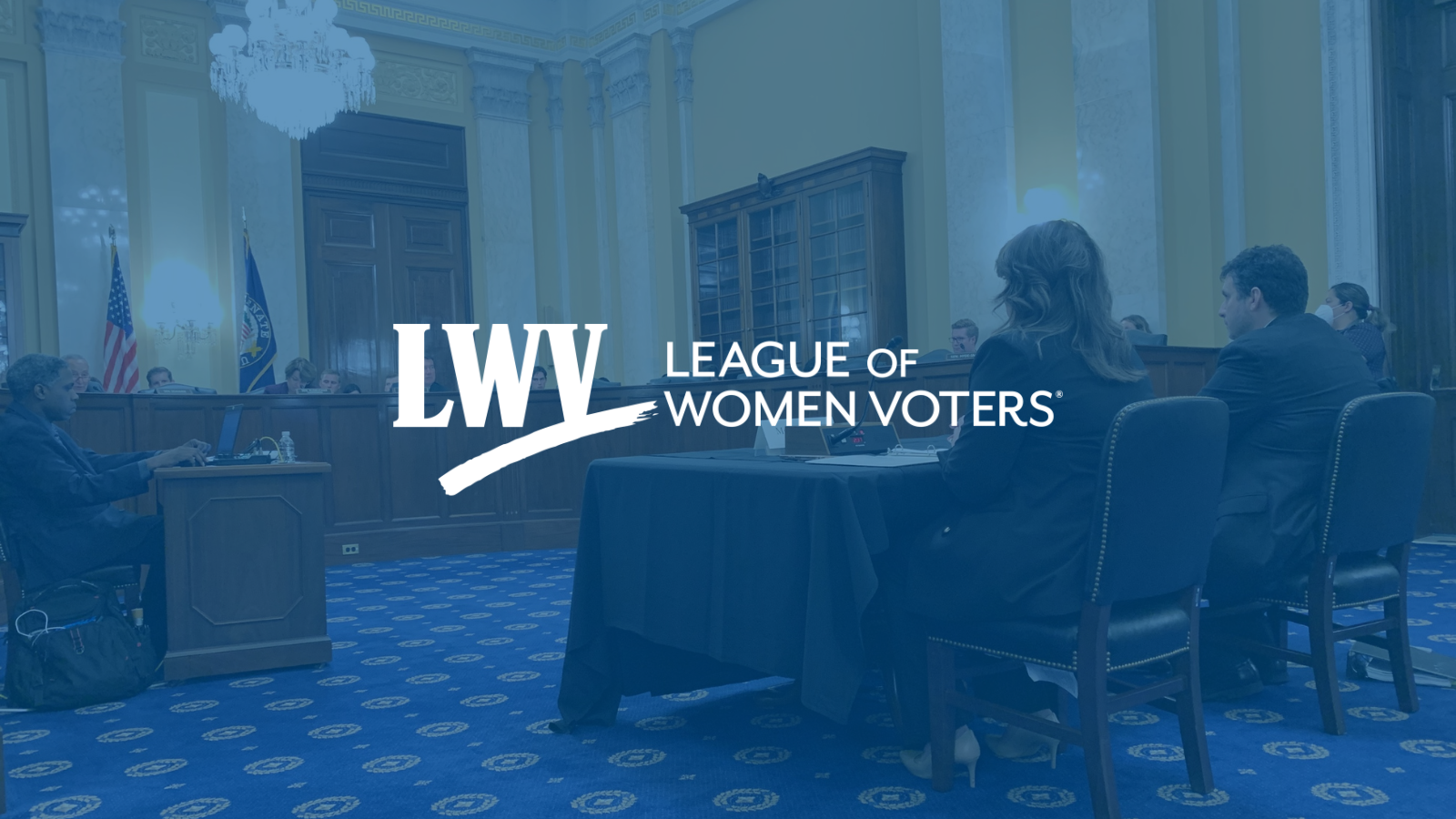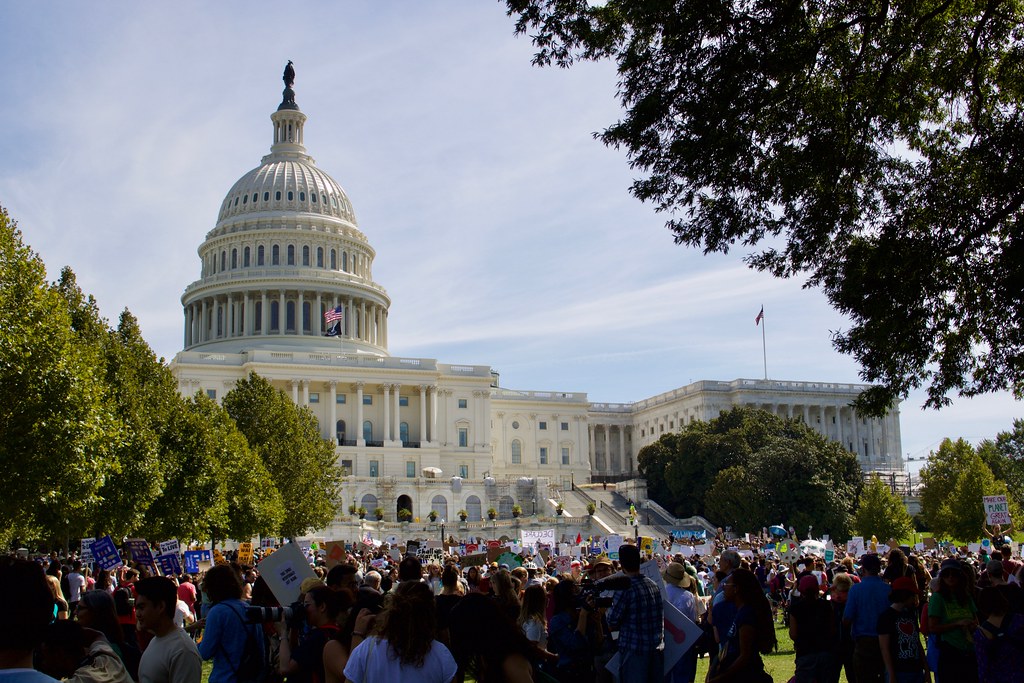
Money in Politics
Money in Politics
We work to ensure that our government serves the people, not wealthy special interests, by promoting transparency, limiting SuperPACs, and eliminating dark money.
Why It Matters
In a democracy, politicians are expected to represent each person equally, regardless of their financial status. The principle of “one-person, one-vote" means that no matter who we are, our rights to health care, education, housing, and other basic needs are equally important.
Money in politics complicates this system. When politicians receive large financial contributions from organizations, corporations, campaigns, or individuals, they are inclined to be more responsive to their needs. This puts the voices of everyday Americans at a disadvantage.
The involvement of money in our elections is a huge barrier for everyday Americans who run for public office but lack significant financial resources. Every person has the right to run for public office — but because the role money plays in our elections, not everyone has an equal shot.
At LWV, we are committed to creating a more transparent and equitable small dollar funding system for elections, so all voters are valued no matter how much they can contribute to the candidate of their choice. Making sure that candidates are elected based on their positions instead of their funds, and communities are empowered over organizations.
Citizens United v. Federal Election Commission
In 2010, the landmark ruling in Citizens United v. Federal Election Commission reversed longstanding campaign finance restrictions, allowing corporations and other outside groups to supply unlimited election funding to the candidate of their choice. This opened the floodgates, allowing big money and special interests to overwhelm our elections. Since then, super PACs and a small number of wealthy individuals have gained disproportionate influence over our elections, making politicians beholden to the needs of special interest groups and large donors rather than the priorities and interests of their own constituents.
What We're Up Against
Because of Supreme Court decisions like Citizens United v. Federal Election Commission (see above), corporations can spend unlimited funds promoting individual candidates and political parties. As a result, elections are becoming increasingly expensive; the 2020 presidential election was the priciest to date, with costs estimated at over $10 billion and small donors (those who spend less than $200) accounting for a mere 22 percent of contributions. This puts big-money donors at a major advantage, as politicians look to gain and keep their financial support by promoting policies that meet their needs.
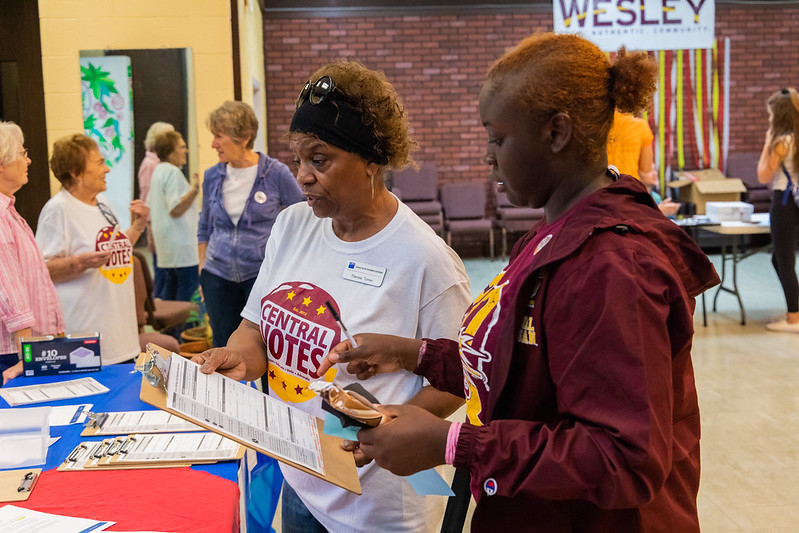
Further, Citizens United paved the way for the creation of super PACs: outside groups that can accept unlimited contributions from donors as long as they create their own independent advertisements and materials promoting certain candidates. For example, a super PAC can create a billion-dollar ad campaign promoting a certain candidate or issue, so long as they don’t give that money to the candidate themself.
Super PACs must technically disclose their donors, but those donors often include dark money groups. Dark money refers to money intended to influence election results from undisclosed sources. By having dark money donors, super PACs circumvent financial disclosure requirements. This allows a network of secret organizations to influence our elections without our knowledge.
Despite Citizens United, every American should be able to see which corporations are spending money on which candidates, how that money is being spent, and how politicians are influenced by it. When we understand who is trying to influence our votes and how, elections operate with increased transparency and we have more information to inform our decisions. Eliminating dark money is an uphill battle, and we’re using all of our resources to ensure that the people come out on top.
Support our work to reform money in politics.
What We're Doing
Advocating for Financial Transparency and Ethics
The League works with coalition partners, grassroots organizers, and everyday Americans to promote policies that would make our campaign finance system more transparent and less entangled with dark money. These include bills like that would shine a light on the influence of money in elections and increase financial transparency.
Litigation and Advocacy
Leagues across the US are fighting cases and promoting legislation to oppose dark money and increase financial transparency in our elections. These include:
-
Gaspee v. Medros: A challenge against Rhode Island’s campaign disclosure provisions, which state that organizations must disclose their larger donors. The claimants argue that this violates their First Amendment rights. If the complainants succeed, disclosure laws across the US will be put at risk. The League is an amicus partner in this case.
-
The Honest Ads Act: LWVUS supports this bipartisan bill, which would increase transparency around online political advertising. It would decrease foreign influence over our elections by banning foreign nationals from purchasing online political ads and require online platforms like to maintain public databases of political ads.
Take Action
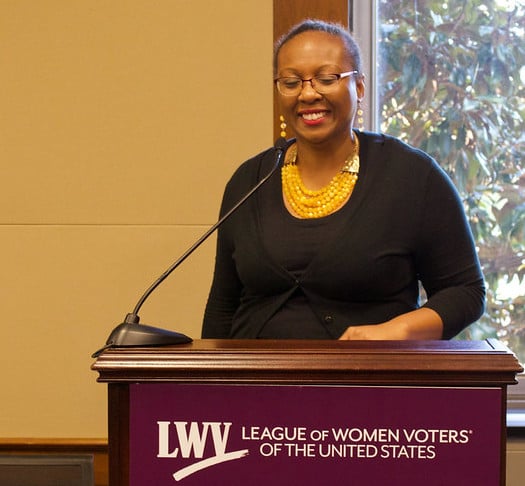
-
Tell your representative to pass the DISCLOSE Act;
-
Support our work promoting the people’s interests over big money interests in the courts;
-
Contact your state or local League to learn more about campaign finances in your community
-
Watch out for opportunities to take action through our digital organizing tool, League in Action
LWVUS joined a coalition of groups calling calls on presidential candidates to reveal their campaign “bundlers.” This letter follows up on a similar letter sent by this cross-partisan coalition in October. The letter was sent to all Democratic and Republican candidates as well as Robert F. Kennedy, Jr.
LWV Washington filed an amicus brief supporting Washington’s disclosure requirements for online political advertising
The League joined Issue One and other coalition partners on a letter sent to all presidential candidates encouraging them to publicly disclose information about campaign bundlers on a regular basis during the 2024 presidential election.
Stay Updated
Keep up with our work to reform money in politics.
Donate and support our work
to promote ethical campaign finances
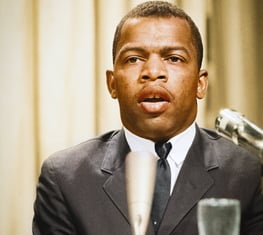
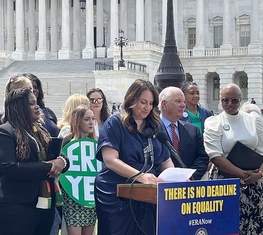
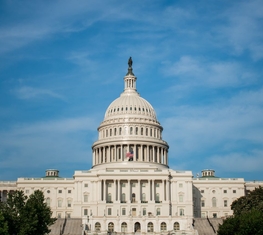
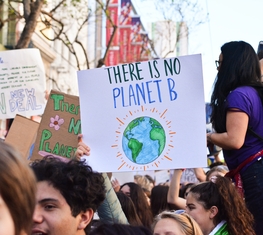
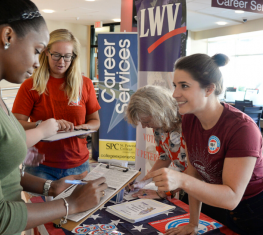
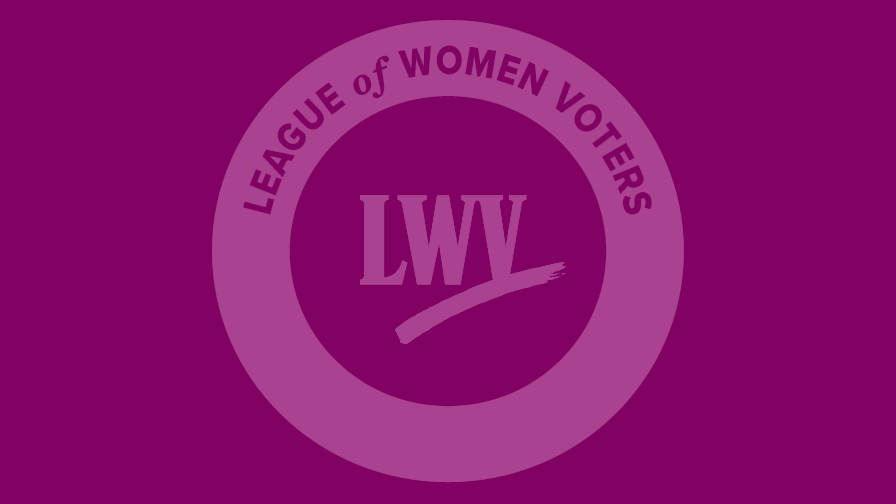
.png)
